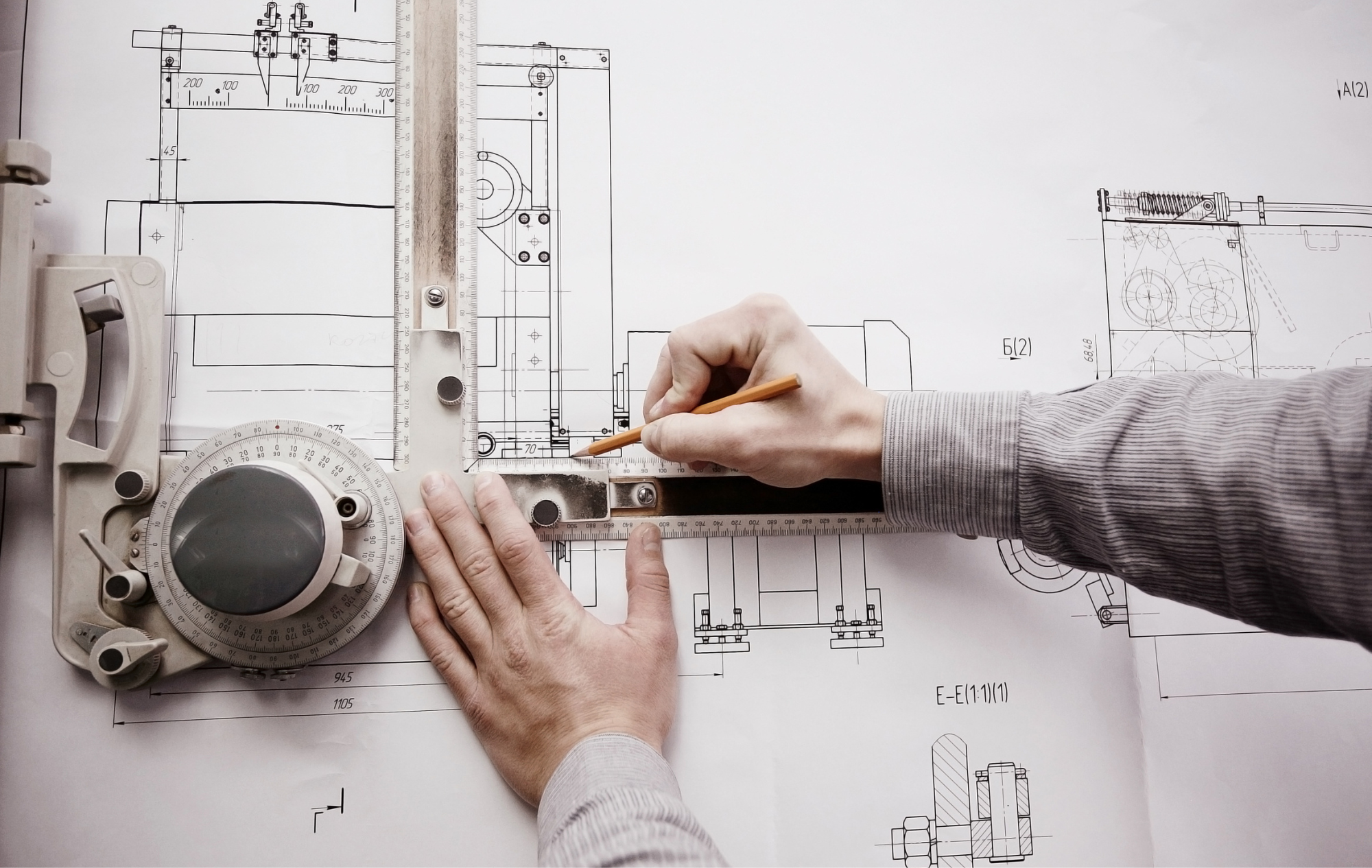Building commissioning is an essential process that ensures a building’s systems are designed, installed, and operating as intended. However, this process can vary significantly depending on the type of buildings—commercial, residential, or industrial. Understanding these differences is crucial for achieving optimal performance and efficiency.
Commercial Buildings
Commercial buildings often have complex HVAC, lighting, and control systems that must operate efficiently to ensure occupant comfort and productivity.
Commissioning Process:
- Design Phase: Involves reviewing design documents to ensure systems are planned correctly.
- Construction Phase: Includes site inspections and system testing to verify proper installation.
- Acceptance Phase: Conducts functional performance testing to ensure systems operate as intended.
- Post-Acceptance Phase: Comprised of monitoring and adjusting systems to optimize performance over time.
Considerations:
- Energy Efficiency: Focus on reducing energy consumption through efficient HVAC systems and lighting controls.
- Occupant Comfort: Ensure systems maintain optimal indoor air quality and temperature control.
- Technology Integration: Incorporate advanced control systems for better energy management.
Residential Buildings
From single-family homes to large apartment complexes, the commissioning process for residential buildings focuses on ensuring safety, comfort, and efficiency.
Commissioning Process:
- Design Review: Evaluate design plans to ensure building codes and standards compliance.
- Installation Verification: Inspect the installation of HVAC, plumbing, and electrical systems.
- Performance Testing: Conduct tests to verify that systems function correctly and efficiently.
- Owner Training: Provide training to homeowners or property managers on system operation and maintenance.
Considerations:
- Energy Efficiency: Emphasize insulation, window performance, and energy-efficient appliances.
- Indoor Air Quality: Ensure proper ventilation and air filtration to maintain healthy indoor environments.
- Safety: Verify the operation of safety systems such as smoke detectors and carbon monoxide alarms.
Industrial Buildings
Due to their specialized equipment and operational requirements, structures such as factories and warehouses have unique commissioning needs. The focus is often on reliability, safety, and reducing energy consumption.
Commissioning Process:
- Pre-Design Phase: Assess the specific needs of industrial processes and equipment.
- Design Review: Ensure that the design meets operational and safety requirements.
- Installation Verification: Inspect the installation of industrial systems and equipment.
- Functional Testing: Conduct rigorous testing to verify that systems operate reliably under various conditions.
- Ongoing Monitoring: Implement continuous monitoring to ensure systems remain efficient and reliable.
Considerations:
- Operational Efficiency: Optimize systems to support efficient industrial processes.
- Safety: Ensure compliance with safety standards and regulations.
- Energy Management: Focus on reducing energy consumption and improving sustainability.
Commissioning is a vital process for ensuring that buildings operate efficiently and effectively. Whether it’s a commercial office building, a residential apartment complex, or an industrial facility, the commissioning process must be tailored to each building type’s specific needs and challenges. By leveraging Sancon’s expertise and proven track record, building owners can achieve optimal performance, energy savings, and occupant satisfaction that meet and exceed industry standards.
For more information on Sancon’s commissioning projects and services, visit Sancon Ltd.
